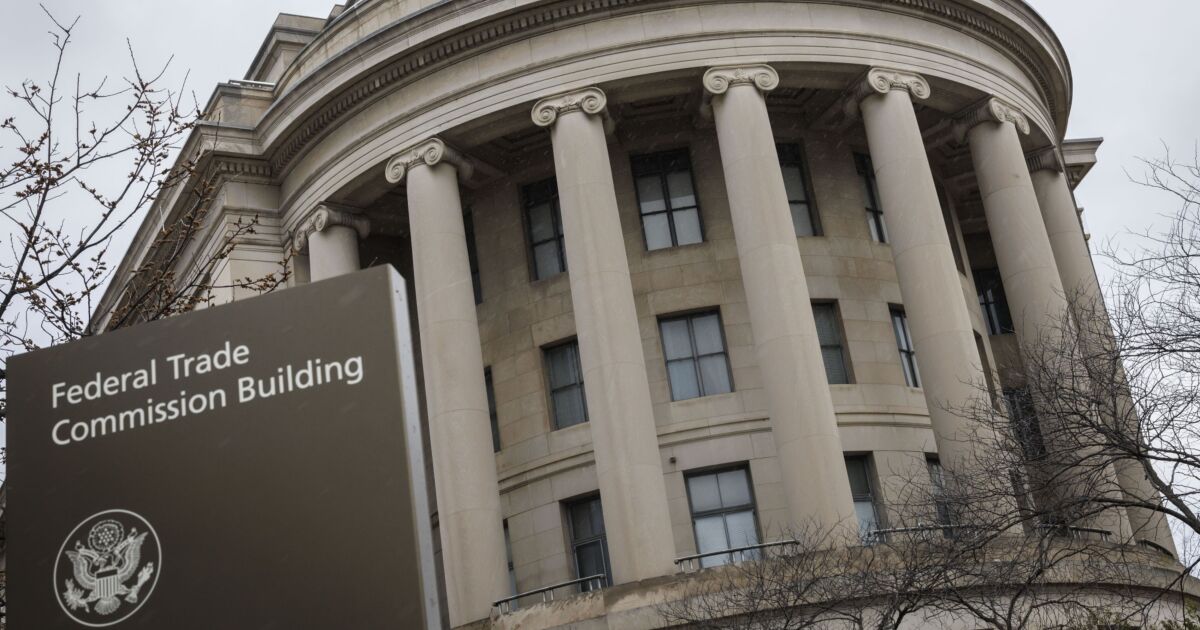
Loan officers are among the industry's most sought-after employees, but current business practices raise questions about whether the
The Federal Trade Commission's
Mortgage lawyers suggest the rule isn't likely to go into effect by its three month deadline, amid legal challenges from business trade groups. If it does however, the rule won't affect the wide range of mortgage roles that are more commonly subject to non-solicitation and non-disclosure agreements.
"Rarely at this point do I see noncompete agreements either in employment contracts for loan officers, or in litigation," said Ari Karen, partner and head of litigation, labor and employment at Mitchell Sandler.
Karen, who often represents mortgage companies in
A high-earning loan officer wouldn't be considered a senior executive because of the policy-making specification in the rule and may be subject to other restrictions, but not noncompetes, Peter Idziak, a senior associate with Polunsky Beitel Green, clarified.
"If you're an employer, you should still have NDAs and non-solicitation agreements," said Idziak.
Noncompetes at the senior level are meant for company executives to let information become "stale" before reentering the market, such as knowledge of a new loan product, the mortgage attorney explained.
More common in poaching disputes are issues like a breach of contract, a competitor allegedly encouraging employees to
The FTC in pursuing a Biden Administration goal claims the final rule will increase wages by almost $500 billion over the next decade, and increase individual earnings to $524 per year. It's also expected to lower healthcare costs by almost $200 billion over that same time, and empower more innovation by leading to tens of thousands of more patents each year.
Around 30 million workers are subject to noncompetes, or 18% of the nation's workforce, the FTC estimates. Idziak noted there's likely an "overuse" of the clauses for hourly-wage and low-skill positions.
The 570-page decree is the culmination of a proposal in January 2023 that drew over 26,000 comments, the majority in favor of the rule.
The U.S. Chamber of Commerce and others immediately
The Mortgage Bankers Association, when reached for comment, referred to
The pending noncompete ban could prompt other ripple effects within the home loan business.
It may, for example, ban employee handbooks, overly-broad NDAs and non-solicitations that function as noncompetes, Idziak said. The FTC's lack of authority over banks and federal credit unions could also even the playing field between those lenders and mortgage bankers.
Companies may also be less willing to train employees out of concern the investment may not be worth it if they're more likely to subsequently jump to another. This could lead to a market with less adequate training but more compensation.
"Reimbursement of training programs could also be prohibited if they were overly-broad and considered a noncompete," said Idziak.
Attorneys expect federal courts to stay the final rule pending a decision. The U.S. Chamber of Commerce's lawsuit was filed in a Texas federal court, and any appeal would go before the U.S. Court of Appeals for the Fifth Circuit,
While the mortgage business will have to reckon first with the direct impact of any rule in this area, the aftershocks are what may hurt lenders as employers more.
"As you know, when industry gets disrupted, mortgage gets disrupted, as we're part of the larger economy," said Karen.



